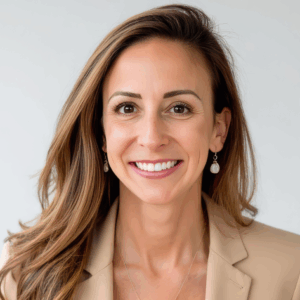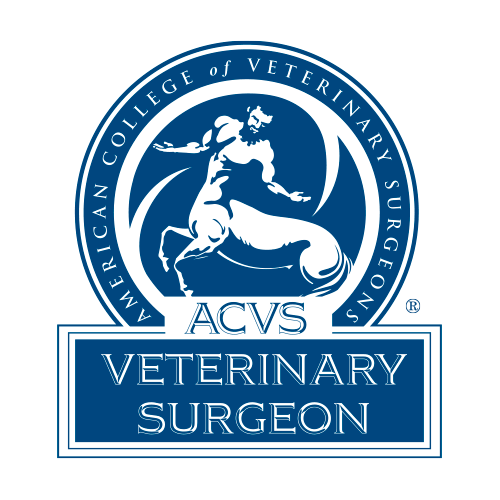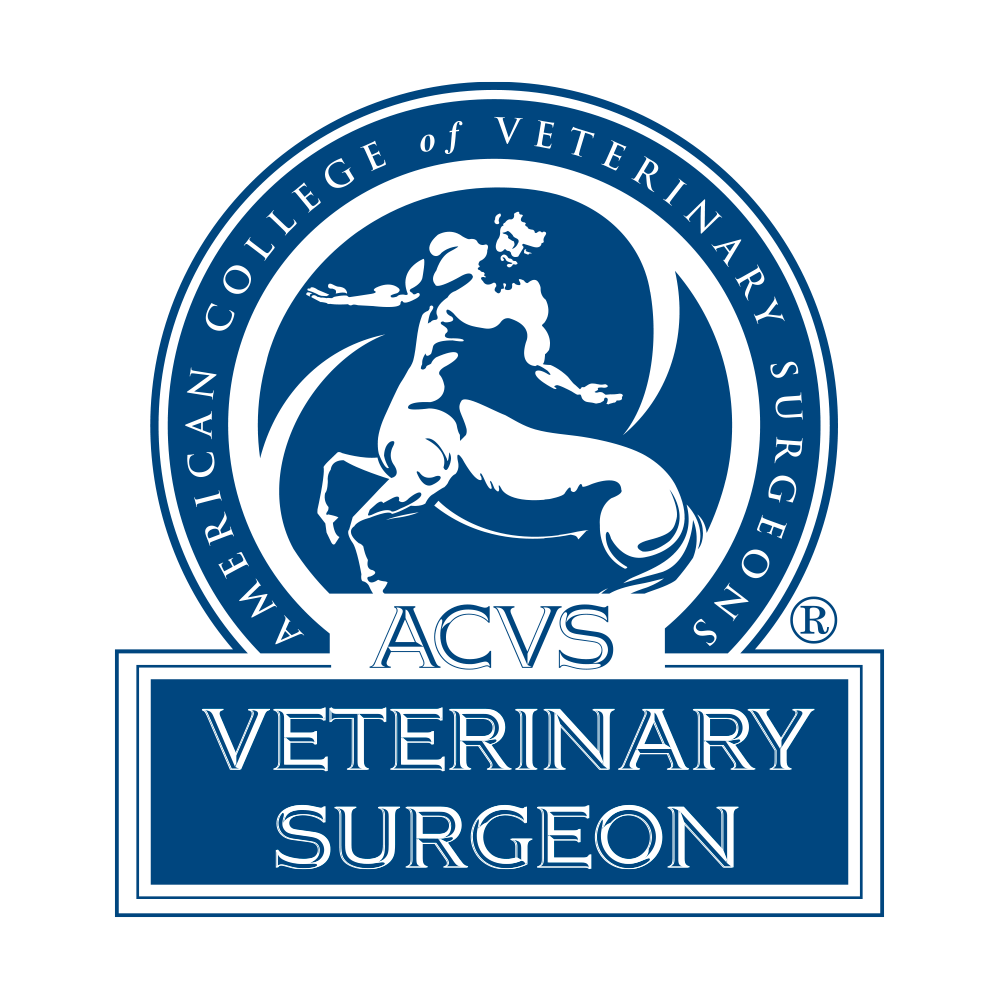Dr. Dana DeSandre-Robinson
Diplomate, American College of Veterinary Surgeons (Small Animal)
Dr. Dana DeSandre-Robinson is a board-certified veterinary surgeon based in Castle Rock, Colorado. She partners with general practice and emergency hospitals to provide advanced surgical services, including oncologic, orthopedic, minimally invasive, and soft tissue procedures.
Biography
Dr. Dana DeSandre-Robinson is a board-certified veterinary surgeon. Originally from
Connecticut, Dr. DeSandre-Robinson earned her BS from Roger Williams University in
Rhode Island. She then received her Doctorate in Veterinary Medicine from Colorado
State University while also becoming certified in Veterinary Medical Acupuncture and
Veterinary Business Management. She went on to complete a rotating medical and
surgical internship at Oradell Animal Hospital in New Jersey followed by a specialty
internship and residency at Affiliated Veterinary Specialists in Florida. Dr. DeSandre-
Robinson was a Clinical Assistant Professor in small animal surgery at Purdue
University before heading to California to join California Veterinary Specialists. She later
relocated to Colorado to build the surgical department at Veterinary Specialists of the
Rockies.
Dr. DeSandre-Robinson’s professional areas of interest and expertise include oncologic
surgery, reconstructive surgery, oral maxillofacial surgery, advanced wound care,
minimally invasive surgery, thoracic surgery, orthopedic surgery, interventional radiology, and neurosurgery.
In her spare time, Dr. DeSandre-Robinson can be found in the outdoors hiking, running,
biking and rock climbing or at her kids’ sporting events. She shares her home with her
husband, their two boys and their pups, Tag and Reggie.
CV
-
2025
Joined MOVES -
2015 – 2025
Clinical practice in California, Florida, and Colorado -
2016
Achieved board certification through ACVS -
2014
Clinical Assistant Professor at Purdue University in West Lafayette, IN
Completed surgical internship and residency at Affiliated Veterinary Specialists in Maitland, FL -
2010
Completed rotating internship at Oradell Animal Hospital in Paramus, NJ -
2009
Earned DVM, CVA, and Certification in Veterinary Business Management from Colorado State University in Fort Collins, CO -
2005
Earned BS in Biology from Roger Williams University in Bristol, RI
Hazlett JK, Dhaliwal RS.
Hemangiosarcoma, Considerations in Care and Treatment.
Pulse (April 2011)
Swiderski JK, Monnet E.
Comparison of Glycomer 631 and Polyglyconate for use in feline OHE.
In publication.
Swiderski JK, Withrow S.
A novel surgical stapling technique for rectal mass removal: a retrospective analysis.
J Am Anim Hosp Assoc (2009 45[2])
Swiderski JK, Seim HB, MacPhail CM, Campbell TW, Johnston MS, Monnet E.
Long-term outcome of domestic ferrets treated surgically for hyperadrenocorticims: 130 cases (1995-2004).
J Am Vet Med Assoc (2008; 232[9])
Swiderski JK, Radecki SV, Park RD, Palmer RH.
Comparison of radiographic and anatomic femoral varus angle measurements in normal dogs.
Vet Surg (2008; 37[1])
Swiderski JK, Palmer RH.
Long-term outcome of distal femoral osteotomy for treatment of combined distal femoral varus and medial patellar luxation: 12 cases (1999-2004).
J Am Vet Med Assoc (2007; 231[7])
Meola SD, Swiderski JK, Randall EK, Kraft SL, Palmer RH.
What is your diagnosis? Spinal cord compression.
J Am Vet Med Assoc (2007; 230[11])
Swiderski JK, Fitch RB, Staatz A, Lowery J.
Sonographic assisted diagnosis and treatment of bilateral gastrocnemius tendon rupture in a Labrador retriever repaired with fascia lata and polypropylene mesh.
Vet comp orthop traumatol (2005;4)
Breshears LA, Fitch RB, Wallace LJ, Wells CS, Swiderski JK.
The radiographic evaluation of repaired canine ilial fractures (69 cases).
Vet comp orthop traumatol (2004;2)
Swiderski JK.
Onchectomy and its alternatives in the feline patient.
Clin Tech Small Animal Pract (2002;17[4])
Send a Message to Dr. DeSandre-Robinson
What is a board-certified veterinary surgeon?
Like most health care fields, the veterinary profession has become multi-tiered. Veterinarians may now specialize in various disciplines (including surgery), as recognized by the AVMA’s American Board of Veterinary Specialties (ABVS). The American College of Veterinary Surgeons (ACVS) is the AVMA-recognized veterinary specialty organization™ for certification of veterinarians in large animal surgery and small animal surgery.
If your animal develops a problem or injury requiring advanced care and procedures, your primary veterinarian or emergency room veterinarian may refer you to a veterinary surgeon.
A veterinary surgeon has undergone additional training after veterinary school in order to become a specialist. This training consists of a minimum of a 1-year internship followed by a 3-year residency program that meets guidelines established by the American College of Veterinary Surgeons (ACVS).
During the residency there are specific training and caseload requirements that must be met. In addition to these requirements, applicants must perform research that is published in a scientific journal and then pass a rigorous examination.
Adapated from “What is a Veterinary Surgeon?” on acvs.org.



